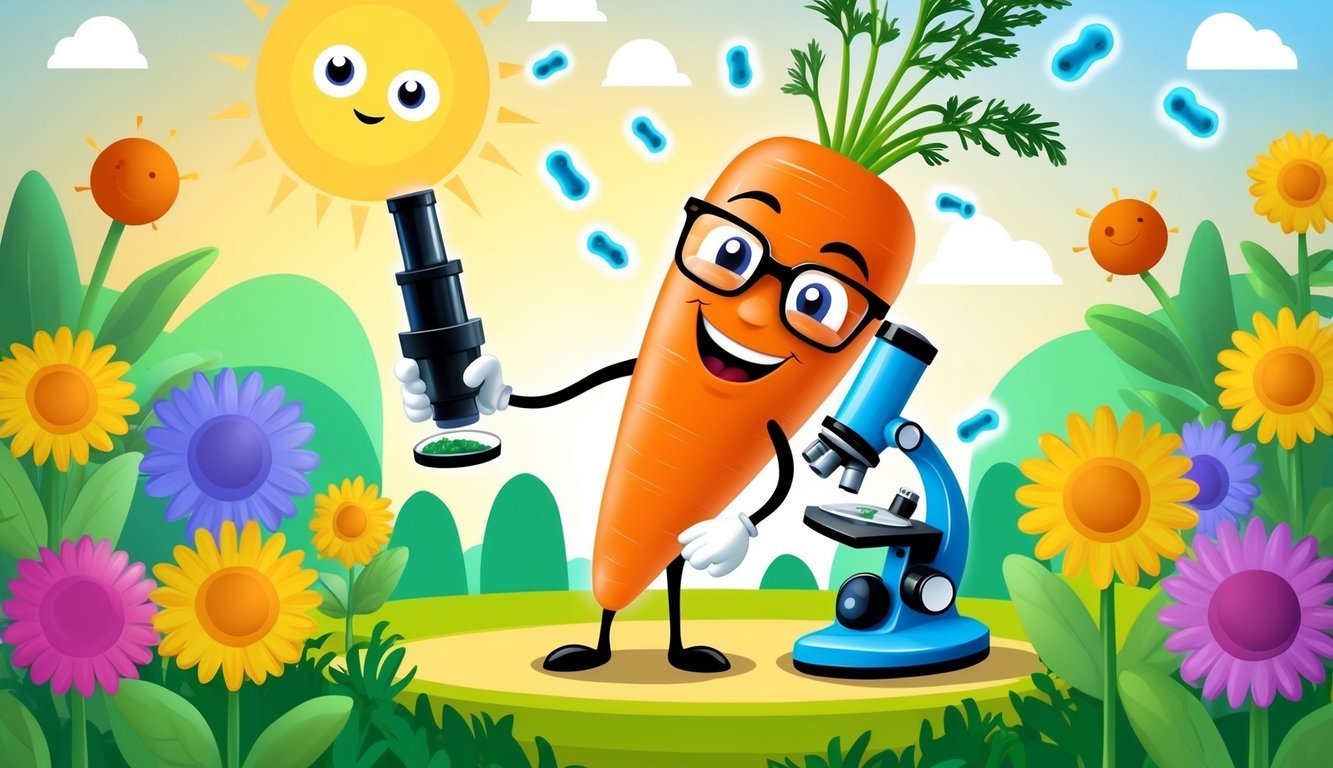Recent research has raised intriguing possibilities about carrots and their potential role in blood sugar management.
Preliminary findings suggest that a natural antifungal compound found in these vibrant vegetables might help regulate glucose levels effectively.
Research Insights
While this study, based on mouse models, is still in the early stages, it offers hope that carrots could become a cost-effective, non-pharmaceutical option for diabetes management.
However, researchers stress that we need thorough human trials to confirm these promising results.
In our health-focused society, many Americans are constantly on the lookout for effective dietary strategies, often trying out different eating habits.
Unfortunately, scientific exploration sometimes struggles with limited resources and time to thoroughly investigate these trends.
Bioactive Compounds and Gut Health
At the University of Southern Denmark (SDU), a recent project turned its attention to specific bioactive compounds in carrots, highlighting their potential to support a healthier gut microbiome.
These compounds appear to create a favorable microbial environment that plays a crucial role in blood sugar regulation.
Morten Kobæk Larsen, an associate professor at SDU’s Department of Clinical Research and the lead for this initiative, believes that a carrot-rich diet could enhance gut bacteria diversity, which is especially beneficial for individuals with type 2 diabetes.
The significance of a healthy gut microbiota cannot be overstated.
Beneficial bacteria in our gut are essential for breaking down dietary fiber, leading to the production of short-chain fatty acids.
These acids serve several vital functions, such as lowering the risk of colon cancer, fortifying the gut lining, and aiding in energy balance.
In the SDU study, researchers monitored two groups of mice over 16 weeks: one group had diabetes, and the other did not.
Both groups were fed a diet enriched with freeze-dried carrot powder, resulting in improved blood sugar control by the end of the experiment.
Furthermore, incorporating carrots into their diets significantly changed the composition of the mice’s gut microbiomes.
Specifically, the mice that consumed carrots exhibited a healthier balance of gut bacteria, which is crucial for digestion and overall health.
Future Research Directions
The primary bioactive compounds identified in the study—falcarinol and falcarindiol—act as natural defenders against fungal infections.
These compounds are produced by carrots as well as their relatives, including parsnips, fennel, and parsley.
The health benefits provided by these phytonutrients and others found in various fruits and vegetables contribute positively to overall well-being.
The SDU research team is actively seeking funding to launch human trials, hoping to ascertain whether the positive results observed in mice can be replicated in human diabetic patients.
They are also interested in discovering which varieties of carrots possess the highest concentrations of falcarinol and falcarindiol.
This exciting research opens up yet another reason to enjoy carrots.
It highlights how natural foods can play a significant role in supporting our health and offers a hopeful perspective for diabetes management.
Source: Goodnewsnetwork


